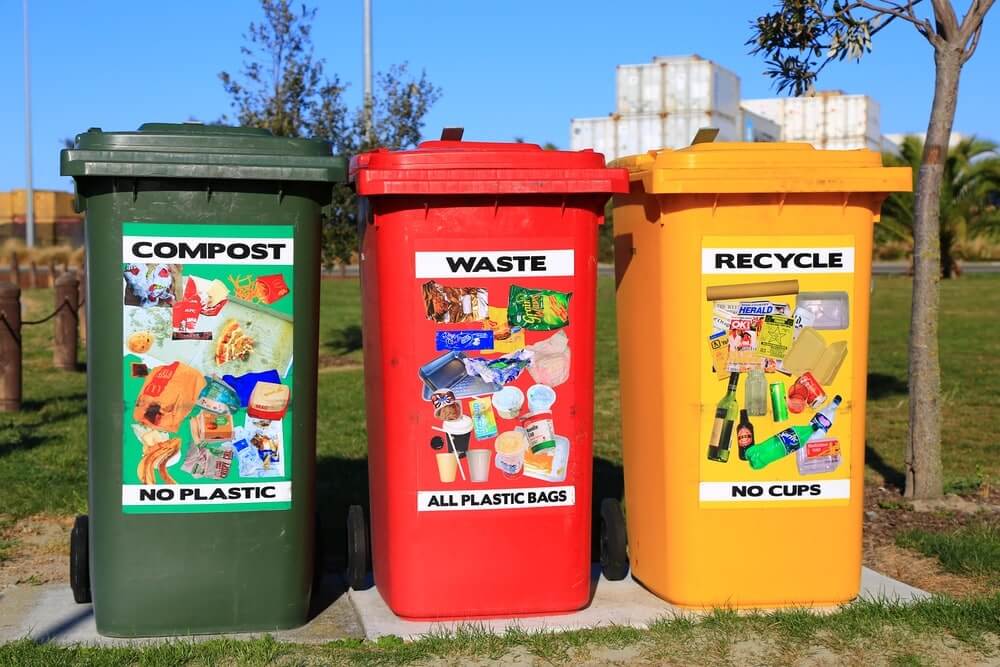
The Role of Biotechnology in Waste Management
The Role of Biotechnology in Waste Management
Introduction
As global waste generation continues to rise, effective waste management solutions are more critical than ever. Traditional methods, such as landfilling and incineration, pose environmental and health risks. Biotechnology offers innovative, eco-friendly solutions to waste management by leveraging microorganisms, enzymes, and bioprocesses to treat and recycle waste efficiently.
Understanding Biotechnology in Waste Management
Biotechnology applies biological processes to convert waste into useful byproducts, reducing environmental pollution and conserving resources. The process involves the use of microbes, fungi, and other biological agents to break down and recycle various types of waste, including organic, industrial, and hazardous waste.
Types of Biotechnological Waste Management Approaches
1. Bioremediation
Bioremediation uses microbes to degrade or neutralize pollutants in contaminated sites. It includes:
- Microbial Bioremediation: Bacteria and fungi metabolize toxic substances into harmless compounds.
- Phytoremediation: Plants absorb contaminants from soil and water.
- Mycoremediation: Fungi break down organic pollutants and heavy metals.
2. Biodegradation
This involves the breakdown of organic waste by biological organisms. Enzymes produced by microbes help decompose materials such as plastics, food waste, and agricultural residues.
3. Composting
Composting is a natural process where organic waste, such as food scraps and yard waste, decomposes into nutrient-rich compost, which can be used as a soil conditioner.
4. Anaerobic Digestion
In anaerobic digestion, microorganisms break down organic waste in the absence of oxygen, producing biogas (methane and carbon dioxide) that can be used for energy generation.
5. Waste-to-Bioenergy Conversion
Biotechnology enables the conversion of waste into biofuels such as ethanol and biodiesel. Microorganisms ferment agricultural and industrial waste to generate renewable energy sources.
6. Enzyme-Based Waste Treatment
Enzymes accelerate the degradation of pollutants in wastewater and solid waste treatment. Enzymatic processes are efficient in breaking down complex organic compounds in industrial effluents.
Benefits of Biotechnology in Waste Management
1. Eco-Friendly Solution
Biotechnological methods reduce environmental pollution by utilizing natural processes to break down waste materials.
2. Resource Recovery and Recycling
Waste-to-bioenergy and composting methods contribute to a circular economy by recycling nutrients and generating renewable energy.
3. Reduction of Greenhouse Gas Emissions
Anaerobic digestion and composting reduce methane emissions from landfills, helping combat climate change.
4. Cost-Effective Waste Disposal
Biological waste treatment can be more affordable and sustainable than chemical or physical waste disposal methods.
5. Improved Soil and Water Quality
By treating industrial and agricultural waste, biotechnology helps prevent soil and water contamination, enhancing ecosystem health.
Challenges in Implementing Biotechnological Waste Management
- High Initial Costs: The installation of biotechnological waste treatment facilities can be expensive.
- Lack of Awareness and Adoption: Many regions lack knowledge and infrastructure to implement biotechnological waste solutions.
- Variable Efficiency: The effectiveness of bioremediation depends on environmental conditions and waste composition.
- Regulatory Hurdles: Strict environmental regulations may limit the use of genetically modified organisms in waste treatment.
Future Prospects of Biotechnology in Waste Management
The future of biotechnological waste management lies in advancements such as:
- Genetic engineering of microbes for enhanced waste degradation.
- Improved bioenergy production techniques from waste.
- Integration of biotechnological methods with artificial intelligence for optimized waste treatment.
- Development of biodegradable materials to reduce plastic waste.
Conclusion
Biotechnology is revolutionizing waste management by offering sustainable and efficient solutions for treating and recycling waste. With continuous research and technological advancements, biotechnological waste management can play a crucial role in creating a cleaner and greener future. Governments, industries, and individuals must work together to implement and promote these innovative solutions for a sustainable environment.













